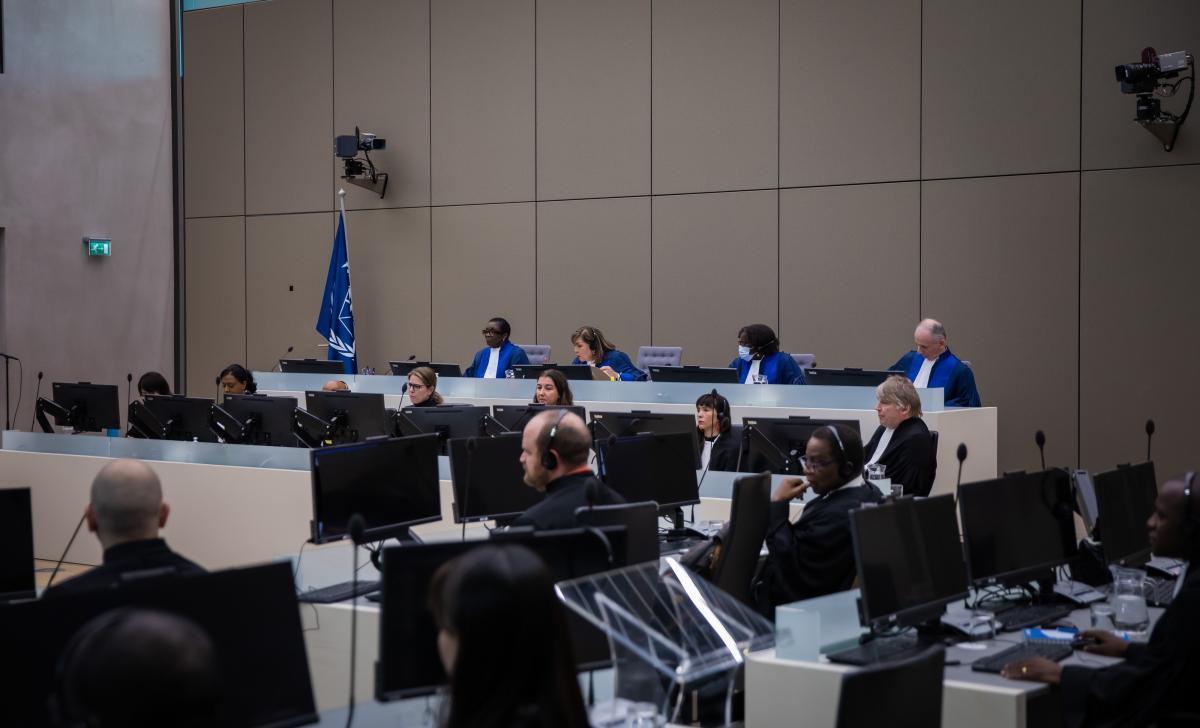WCRO 2022 Annual Update


Although justice is often a long-term project, we close out the year with a win in the fight against impunity for gender-based crimes. On December 15, the Appeals Chamber of the International Criminal Court (ICC) delivered its judgment in the case of Prosecutor v. Ongwen, upholding its historic conviction of forced pregnancy as a war crime and a crime against humanity. Among other things, the Court agreed with the analysis in an amicus curiae brief submitted in late 2021 by WCRO Director Susana SáCouto in partnership with five other experts on gender and international criminal law that forced pregnancy is a form of reproductive violence and an attack on reproductive integrity. The Chamber made clear that the inclusion of the crime of forced pregnancy in the Rome Statute was intended "to protect a woman's reproductive rights, including the right to be pregnant and to autonomously determine the way in which she carries out her pregnancy." We thank you for your support of our efforts to advance the cause of justice for victims of gender-based crimes.
Throughout 2022, the WCRO has continued to promote accountability for gender-based atrocity crimes through a variety of advocacy, education, training, and research initiatives.

For instance, the WCRO joined UN Women and WCL’s Academy on Human Rights and Humanitarian Law to memorialize the lessons learned from a landmark verdict in which a Guatemalan court convicted two former military members of sexual violence, sexual slavery, and domestic slavery committed against Maya Q’eqchi women in and near a military rest outpost in Sepur Zarco during the internal armed conflict in Guatemala. This was one of the first convictions of former military members for acts of sexual violence against women committed in the context of the country’s armed conflict, and one of the first instances of a domestic court anywhere prosecuting – through the application of national and international laws – sexual slavery in the context of armed conflict as an international crime. The report, entitled Documenting Good Practice on Accountability for Conflict-Related Sexual Violence: the Sepur Zarco Case, is available in English, with a Spanish translation and a Q’eqchi Summary.
